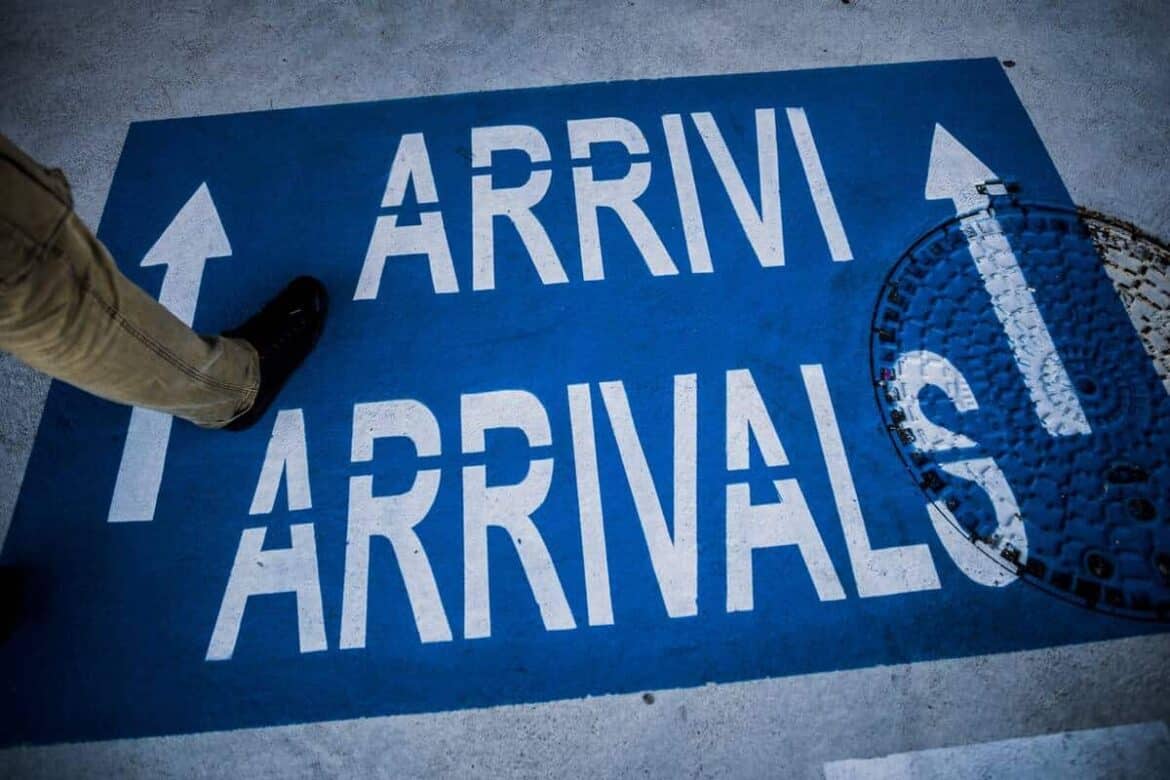The UK government has launched a “global travel taskforce” to explore ways of reducing the current 14-day quarantine for people arriving in the UK from abroad. The cross-government panel will assess single and double testing regimes in an effort to restore consumer confidence and boost international travel.
Led by transport secretary Grant Shapps and health secretary Matt Hancock, the new taskforce will work with travel industry experts, private sector testing firms, healthcare leaders and scientists. Recommendations will be put forward to the prime minister “no later than early November”. The group will also seek to achieve a an agreement covering all four UK nations.
Unless travelling from a small number of exempt destinations (currently only six), travellers arriving in the UK face 14 days of self-isolation. The taskforce will look at reducing this quarantine time with testing: it will assess both a single-test approach – a private test taken several days into the self-isolation period (expected to initially cost passengers around £150); and a double test, with an inital one taken on on arrival. Various pilots and partnerships with other countries are also under consideration, including a period of quarantine pre-departure.
“The government does not support the use of a single test on arrival as an alternative to self-isolation,” Shapps said on Wednesday. “However, a combination of self-isolation and testing is promising.”
A decision on testing had been widely anticipated this week after months of lobbying from the travel industry. The UK currently faces losing 30.7 million visits and £24bn in spending in 2020, according to VisitBritain.
The announcement has had a mixed response from the travel industry, where many people feel the UK has lagged behind the rest of Europe with airport testing. In a joint statement, Heathrow Airport, Manchester Airports Group, easyJet and Virgin Atlantic said the the move would help protect thousands of jobs across the country, but called for it to be implemented swiftly. “We support the decision to opt for a single-test, private sector-led, passenger-funded approach that does not impact on the NHS in any way,” the statement said. “But travellers need a firm commitment that a comprehensive testing regime will be implemented in early November. A test on day five, which the government’s own conservative evidence said would be ‘highly effective’ and which they’re already doing in Germany, should be the starting point.”
“Other countries have already moved to introduce testing, and further delays will only serve to exacerbate the industry’s struggles – especially as the winter season is fast approaching,” an Abta spokesperson said.


